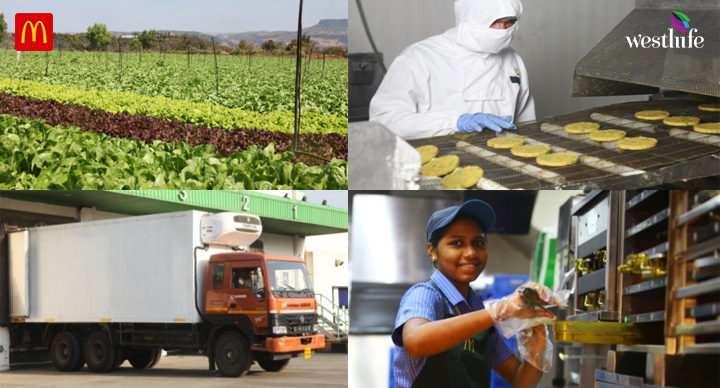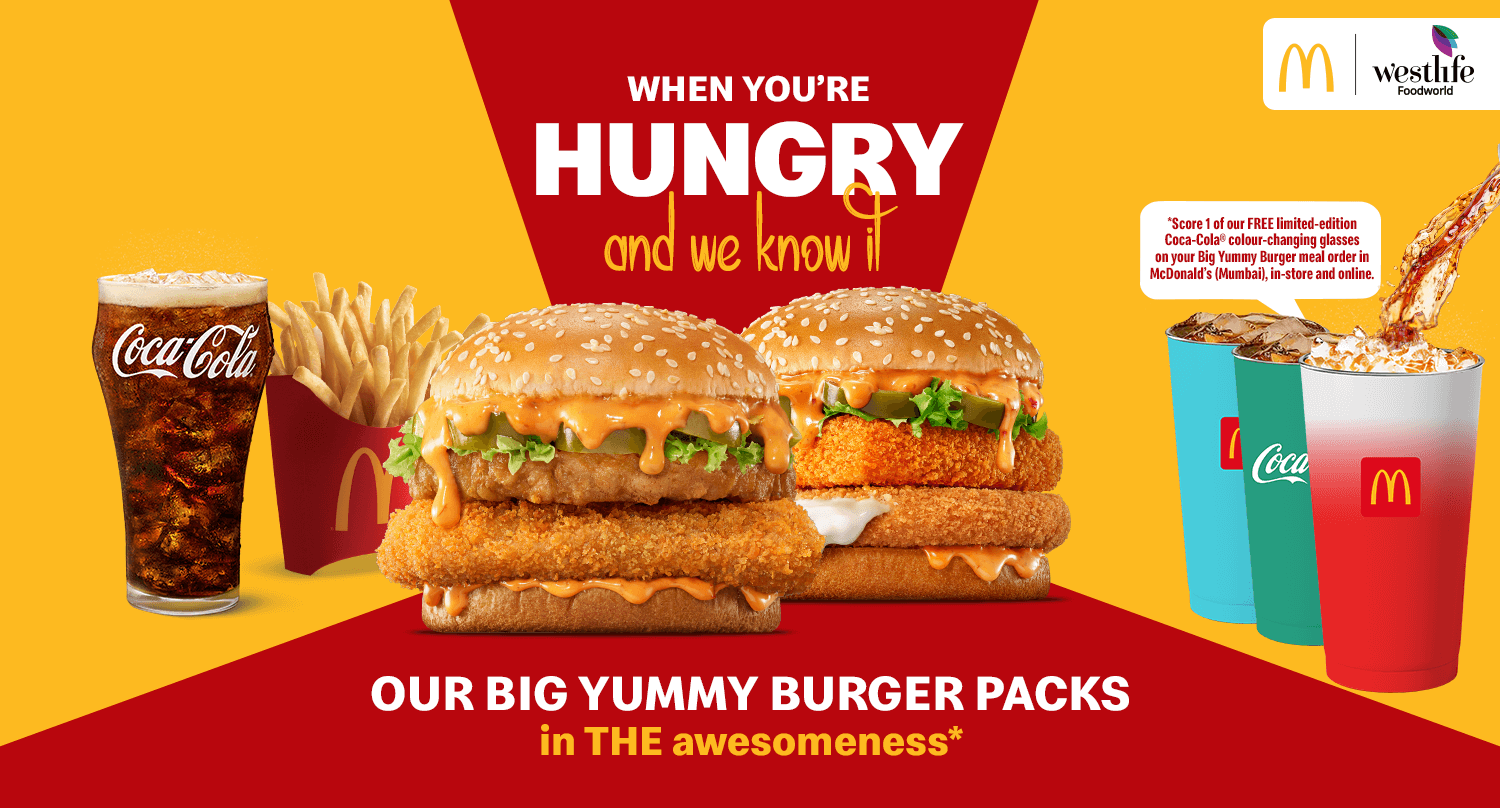
Take a trip down memory lane and recall the human-chain game you’d play as a kid. To win the game, the entire team had to be consistent in their performance. Nobody could afford to slow down.
This analogy also applies to McDonald’s supply-chain process. Its key elements function as a team, each of them forms a vital link, and the entire chain remains robust.
This farm-to-fork story starts with farmers and suppliers. Long before the first Golden Arches opened in India, McDonald’s had teamed up with suppliers all over the country to get the best raw ingredients for its products. In 1991, McDonald’s partnered with McCain Foods Pvt. Ltd. to work with farmers in Gujarat to grow the best variety of Shepody potatoes right here in India.
There was another side to this partnership. McDonald’s experts worldwide began interacting with agronomists and field assistants to demonstrate the best cultivation practices. The resulting expertise covered everything from the improvement of agronomy techniques—irrigation systems, sowing seed treatments, planting methods, fertiliser-application programmes—to better storage methods for farm produce. The knowledge went to Indian farmers and suppliers as well.
So much expertise also brought along the technical know-how of nailing McDonald’s supply-chain management. Because McDonald’s restaurants span the entire country, they need the backing of an effective supply-chain technology to deliver the brand’s promise of a wholesome meal experience. Enlarging the shelf-life of our produce has, thus, been one of technology’s most significant contributions for us. We deploy single- and multi-temperature-controlled trucks, which are also GPS-enabled, for transportation. Real-time traceability systems, which use ERP software, add efficiency and accuracy to the logistics process.
Besides, the developments in McDonald’s supply-chain process are up-to-date and in sync with our “Zero Wastage” policy, which aims at redesigning the entire production cycle so that no by-products go unrecycled or unused. “The Zero Waste concept is designed to encourage brands in minimising wastage and working towards the goal of generating zero waste. McDonald’s suppliers have implemented technology in order to maintain the integrity of our produce during storage and transportation. This endeavour has enabled us to increase the shelf life of our products and cut down on operational wastage,” explains Vikram Ogale, Director–National Supply Chain and Quality Assurance, McDonald’s India.
Ogale added that future trends for McDonald’s supply-chain management aim at developing infrastructure and increasing back-end integration. Moreover, McDonald’s focus is on reinventing and reassessing its supply-chain strategy and set-up to ensure sustainable sourcing.









